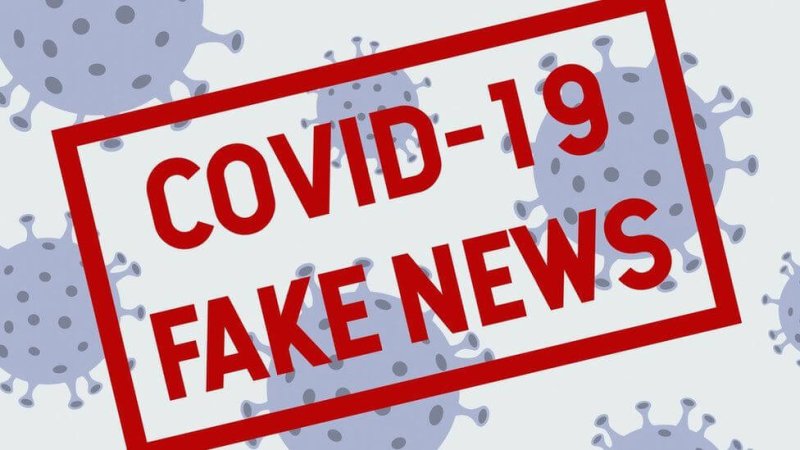Podcast: Play in new window | Download
Subscribe: RSS
Join geneticist Kevin Folta and GLP contributor Cameron English on this episode of Science Facts and Fallacies as they break down these latest news stories:
The same media outlets that tell you to get a COVID vaccine and reject coronavirus conspiracies will also promote organic food as a safer choice, though there is no evidence behind such a recommendation, and spread myths about the dangers of so-called “industrial farming.” How do these double standards impact the public’s trust in scientists?
Does the government have the authority to require Americans to be vaccinated? Yes, says the Supreme Court; protecting public health from an infectious disease supersedes any claim to individual rights. Moreover, many experts say such a policy is necessary to reach herd immunity when too few people refuse to get vaccinated. Is it possible that this heavy-handed approach will backfire, actually decreasing vaccine uptake, or are Americans just hyper-skeptical of their government?
Plastic pollution caused by single-use items like food containers and consumer products remains a serious environmental problem globally. As far fetched as it sounds, the best solution may be growing eco-friendly plastic in genetically engineered plants. Biotech firm Yield 10 Biosciences has engineered two varieties of camelina that produce polymers called PHAs (polyhydroxyalkanoates). Produced naturally by bacteria, they’re completely biodegradable and thus could serve as renewable sources of plastic, as well as animal feed and biodiesel. Such an innovation is good news for everybody, except perhaps environmental groups with anti-GMO sympathies. But how would they oppose a technology that could have such a tremendously positive impact on our planet?
Subscribe to the Science Facts and Fallacies Podcast on iTunes and Spotify.
Kevin M. Folta is a professor in the Horticultural Sciences Department at the University of Florida. Follow Professor Folta on Twitter @kevinfolta
Cameron J. English is the director of bio-sciences at the American Council on Science and Health. Follow him on Twitter @camjenglish































